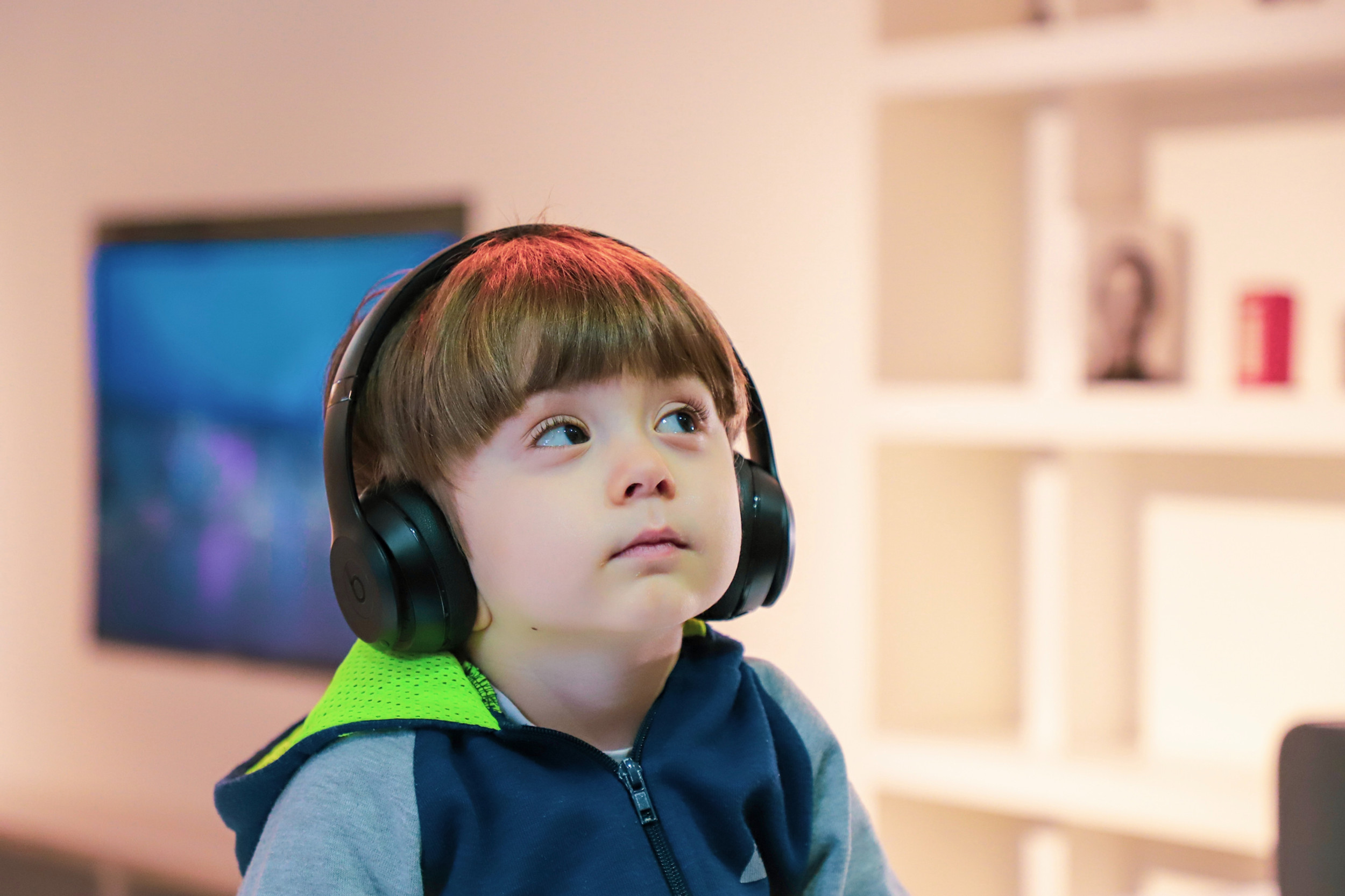
As a parent, you wish you could protect your child from any struggles. Because you pay close attention and are an expert on what’s normal for them, you’re often the first person to pick up on issues with their learning skill development.
But, even if you recognize an issue is present, you may feel helpless and unsure where to turn to get your child the help and assistance they need to overcome any obstacles they face.
You are not alone.
Many parents experience this same challenge—aware their child is grappling with an issue but unsure what can be done to help them.
Modern parents sometimes feel like we’re supposed to be experts on everything. But this is unrealistic. When it comes to children’s development—there’s FAR too much going on for any one person to be knowledgeable about all of it.
Plus, as a parent, you already have the most important role in your child’s life. There’s no need to spread yourself too thin, trying to play all the parts in the play.
Only you can offer your child the love and support that comes from a parent.
When your child experiences issues with their learning or development, there are many different experts available to help out—and to provide you with the support, assistance, and information you need to help your child succeed and thrive.
When your child experiences difficulties with their speech, language, or overall communication skills, it can be very concerning for a parent.
This article will help you understand what's known as specific language impairment. This issue is common and treatable, but often one that most parents aren’t aware of.
Let’s explore the facets of this diagnosis, as well as examining some of the professionals and methods that are available to assist and support your family if you’re dealing with this issue.
What is specific language impairment?
Specific language impairment (also commonly abbreviated as SLI) is a type of communication disorder. It impacts language development in children with no other related issues (such as hearing, visual, or intellectual disabilities).
Hence the moniker—Specific language impairment is a disorder that specifically impacts the language skills of the kids who have it.
These children are typically of average to above average intelligence—they just have difficulties with their language development.
SLI is one of the most common types of developmental disabilities found in children, and is believed to impact seven to eight percent of children entering into the school system.
Like many developmental disorders (including ADHD, and autism) there’s believed to be some form of genetic link involved in the risks for developing this issue, however the exact causes of SLI are unknown.
According to research reported by The National Institute on Deafness and Other Communication Disorders (NIDCD), children with SLI have a 50-70% likelihood of having at least one family member with this condition.
Despite being localized to the language skills of the kids who experience it, SLI can present in many different ways, depending on which communication skills it impacts.
Children with specific language impairment can experience a range of difficulties in their skills with reading, writing, speech, or ability to understand language.
So, how can parents recognize this issue if and when it shows up in their child?
Firstly—you’re not alone in monitoring your child’s learning development.
Particularly once they enter into the school system, there are many educational professionals who will keep a close eye on your child’s academic progress, strengths, and weaknesses.
With this team approach, we’re more likely to recognize any issues before they become larger and more impactful to your child’s school experience.
As with most developmental disorders, we strive for early identification and treatment when it comes to SLI, because we know the best outcomes are achieved when interventions start as early as possible.
To help you understand and identify the common signs of SLI in the children who have it—let’s look at the ways this issue typically shows up in school aged kids.
What are the signs and symptoms of specific language impairment in children?
Because, as its name suggests, SLI is focused on the language of the children who have it—language is where the symptoms of SLI will show up.
What are some common red flags for children with SLI? They include—
Difficulty finding and remembering the right words
Trouble combining words into complex sentences
Making frequent grammatical errors when speaking and writing
Difficulty understanding and following verbal and written directions
Trouble with spelling
Difficulties with reading
Difficulty understanding figurative language (such as metaphors, similes, and analogies)
Children with SLI may experience some of all of these issues with their spoken and written language skills.
Children with SLI may show symptoms early on, such as being a late talker—but they’re often not diagnosed until entering the school system, due to the complex, progressive nature of SLI and language skill development.
How is specific language impairment diagnosed and treated?
SLI can be recognized and diagnosed in a variety of ways.
Often, parents first notice their child is experiencing difficulty with their language development skills. Doctors, teachers, therapists, and other educational professionals may also become aware of an issue, and work with the child’s family to investigate further.
If an issue with your child’s language skills is suspected, a speech and language pathologist (SLP) is your go-to professional to evaluate your child, and determine if an issue is present. If so, your evaluating SLP will also be able to assess the severity of the issue, and help you determine next steps.
The Loop was founded and is helmed by a Doctor of Speech-Language Pathology (SLP.D, CCC-SLP), and we have several highly qualified SLPs on our amazing team! We’re here to help you with any of your speech, language, and communication questions or needs.
We have a deep understanding of language issues and disorders in children, and are extremely knowledgeable and passionate about addressing and treating these issues when they occur.
In order to assess your child’s language and communication skills to determine if an SLI is present, we’ll first schedule an initial meeting with you (either in person or virtually) to discuss your concerns and answer your questions.
If an evaluation is warranted, we’ll work with your child’s teacher to find a time to assess them right in school. Our evaluations are thorough and geared toward each individual child we see. They may take place in one session or over a few sessions.
Once our evaluation is complete, your evaluating therapist will schedule a time to review their findings with you and determine next steps.
If an assessment confirms your child is dealing with SLI, we’ll create an individualized treatment plan, designed to target your child’s specific areas of language development needs.
Our treatment plan will also work to incorporate your child’s preferences. Because we work with children, keeping our therapy sessions fun and motivating is always a key component of our plan—after all, therapy shouldn’t feel like a punishment.
Depending on your child’s specific needs, we may focus on helping them develop—
More fluent reading skills
Enhanced social communication skills
Improved ability to understand and follow directions
An expanded vocabulary
Improved writing skills
The ability to organize their thoughts when speaking
All of these skills can be taught in ways that are fun and engaging for kids. And our Loop therapy team has many different ways to target these skills in our therapy sessions.
You can even join in the fun—we’re always happy to involve parents in our plan and to show you ways you can continue to bolster these skills at home with your child.
Developing and using strategies to help your child overcome their issues with SLI can make a huge difference in their ability to succeed and thrive in school and in life as a whole. We’re here to ensure they get the support and assistance they need to achieve and reach their potential!
Wanna stay in The Loop? Follow us on your fav social platform @TheLoopSLL, reach out with questions at info@theloopsll.com, and visit our website regularly for updates, awesome new content, and freebies!


